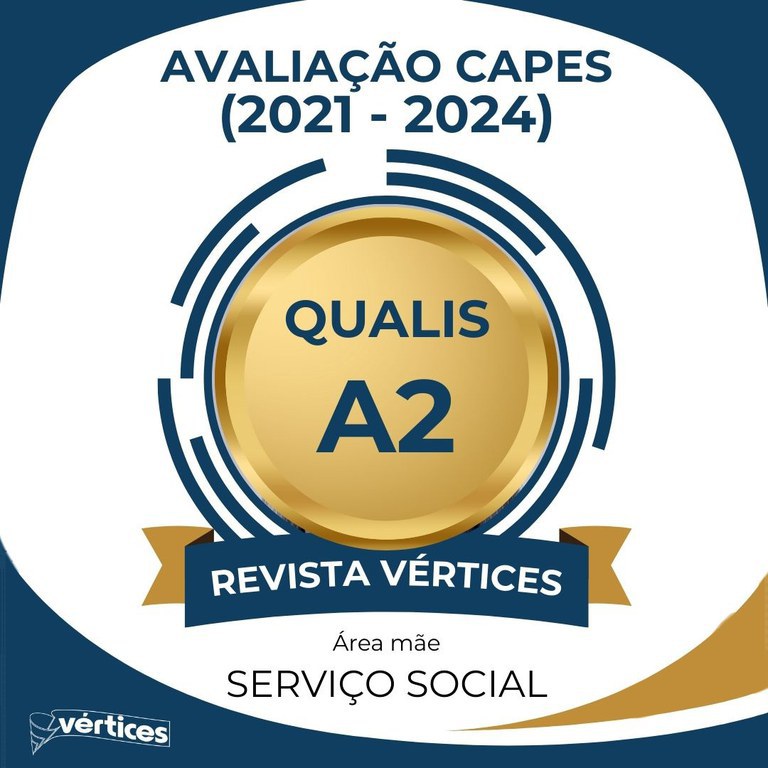Preservation, research and dissemination of educational heritage: the case of Liceu de Humanidades de Campos, RJ
DOI:
https://doi.org/10.5935/1809-2667.20120054Keywords:
Educational and Historical Heritage, School History Files, Liceu de HumanidadesAbstract
In this article we describe and discuss the path tracked by the Research and Extension Group “Liceu de Humanidades de Campos: preserving and publicizing the identity, the memory, and the school culture in the community.” The trajectory of this group is made up of numerous and successive projects aimed at the preservation of the historical memory, as well as the production of scientific studies and dissemination of the educational heritage. Special attention is given to projects developed in the last phase, concerning the disclosure of assets and popularization of science. Our objective is to give subsidies that may encourage research groups, principals, teachers, and the community in general, in order to avoid oblivion of the historical and educational heritage that has greatly marked our society, but which has, in contrast, received very little attention from the public power.Downloads
References
CHARTIER, Roger. A História Cultural: entre práticas e representações. Lisboa: Difel, 1990.
ESCOLANO, A. B. El espacio escolar como escenario y como representación. Teias, Revista da Faculdade de Educação/UERJ, Rio de Janeiro, n.1, jun. 2000.
ESCOLANO, A. B. Tiempos y espacios para la escuela. Ensayos históricos. Madrid: Editorial Biblioteca Nueva, 2000.
ESCOLANO, A. B.; HERNANDES DÍAZ, José Maria (Coords.) La memoria y el deseo. Cultura de la escuela y educación deseada. Valencia: Tirant lo Blanch, 2002.
FILGUEIRAS, M. Materialidade da cultura escolar. A importância da museologia na conservação-comunicação da herança educativa. Pro-posições, Campinas v. 16, n.1, p. 87-102, jan./abr., 2005.
JULIA, D. A Cultura Escolar como Objeto Histórico. Revista Brasileira de História da Educação, SBHE, Campinas: Autores Associados, n. 1, jan/jun. 2001.
MARTÍNEZ, S. A. et al. Preservar a memória, divulgar a cultura escolar e afirmar a identidade na comunidade (escolar). Relatório de Extensão, PROEX-UENF, 2011.
MARTÍNEZ, S. A. Formando os profesores no interior: a criação da Escola Normal de Campos no processo de implantação do sistema de instrução pública e de profissionalização do magistério no Estado do Rio de Janeiro. Historia de la educación anuario, v. 10, p. 99-122, 2009.
MARTÍNEZ, S. A.; BOYNARD, Maria Amelia de A Pinto. O ensino secundário no Império e na Primeira República no Brasil: entre as ciencias e as humanidades. O caso do Liceu de Humanidades de Campos/RJ (1880-1930). História da Educação (UFPel), v. 14, p. 121-153, 2010.
MARTINEZ, Silvia Alicia; FAGUNDES, Pedro Ernesto. As memórias liceistas: o arquivo do Liceu de Humanidades de Campos (Rio de Janeiro). Cadernos de História da Educação, UFU, v. 9, p. 239-249, 2010. Impresso.
MARTÍNEZ, S. A.; FAGUNDES, Pedro Ernesto; DUTRA, Priscila Vidal. Imagens e memória da educação: o Liceu de Humanidades e a Escola Normal de Campos na Era Vargas. Argumento, Jundiaí, v. 10, p. 15-26, 2008.
MARTÍNEZ, S. A.; BOYNARD, Maria Amelia de A Pinto. Depois de semeador da terra, o semeador das almas. O Liceu de Humanidades na cidade de Campos: espaço, história e memórias. Revista Academia Campista de Letras, v. 6, p. 191-211, 2008.
MARTÍNEZ, S. A.; BOYNARD, Maria Amelia de Almeida Pinto; GANTOS, Marcelo Carlos. Arquitetura, Escola e Memória: o edifício do Liceu de Humanidades de Campos. Cadernos de História da Educação, UFU, v. 5, p. 161-174, 2006.
MARTÍNEZ, S. A.; LOPES, S. M. C. N. A emergência de escolas normais no Rio de Janeiro do século XIX: a Escola Normal do Município da Corte e a Escola Normal de Campos. Revista Brasileira de História da Educação, v. 15, p. 27-39, 2007.
MOGARRO, M. J. Arquivos e educação: a construção da memória educativa. Revista Brasileira de História da Educação, n. 10, p. 75-99, jul./dez.
MORENO MARTÍNEZ, P. L. Patrimonio y educación. Introducción. Múrcia, Educatio Siglo, v.21, n. 28.2, p. 9-15, 2010.
VIÑAO, A. Espaços, usos e funções: a localização e disposição física da direção escolar na escola graduada. In: BENCOSTA, M. L. A. (Org.) História da Educação, Arquitetura e Espaço Escolar. São Paulo: Cortez, 2005.
VIÑAO FRAGO, A.; ESCOLANO, A. Currículo, espaço e subjetividade. A arquitetura como programa. Rio de Janeiro: DP&A Editora, 1998.
YANES CABRERA, C. The Pedagogical Museums and the Intangible Educational Heritage: didactic practices and possibilities of safeguarding. Journal of Research in Teacher Education, Umeå University, v.4, n. Special Issue on Historical Literacy.
Downloads
Issue
Section
License
The authors of the manuscript submitted to Vértices, hereby represented by the corresponding author, agree to the following terms:
The authors retain the copyright and grant Vértices the right of first publication.
At the same time the work is licensed under the Creative Commons Attribution 4.0 International License, allowing third parties to copy and redistribute the material in any medium or format and to remix, transform, and build upon its content for any legal purpose, even commercially, provided the original work is properly cited.
Authors will not receive any material reward for the manuscript and Essentia Editora will make it available online in Open Access mode, through its own system or other databases.
Authors are authorized to enter into additional contracts separately for non-exclusive distribution of the version of the work published in Vértices (eg, publish in institutional repository or as book chapter), with acknowledgment of authorship and initial publication in this journal.
Authors are permitted and encouraged to disseminate and distribute the post-print (ie final draft post-refereeing) or publisher's version/PDF at online information sources (eg, in institutional repositories or on their personal page) at any time after the first publication of the article by Vértices.
Essentia Editora may make normative, orthographic and grammatical changes in the originals in order to maintain the standard language, with the final consent of the authors.
The content and opinions expressed in the manuscript are the sole responsibility of the author (s).
























1.png)



